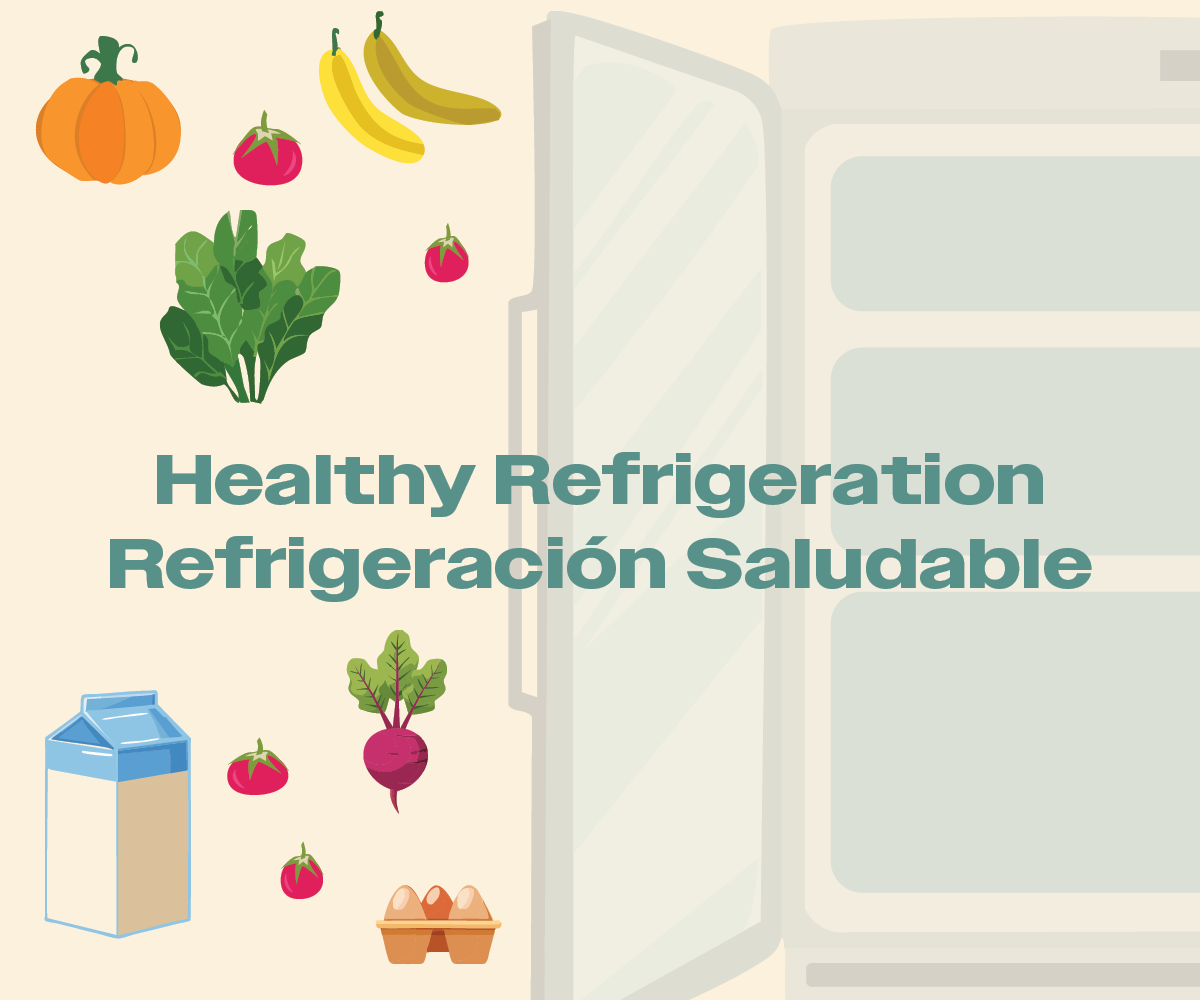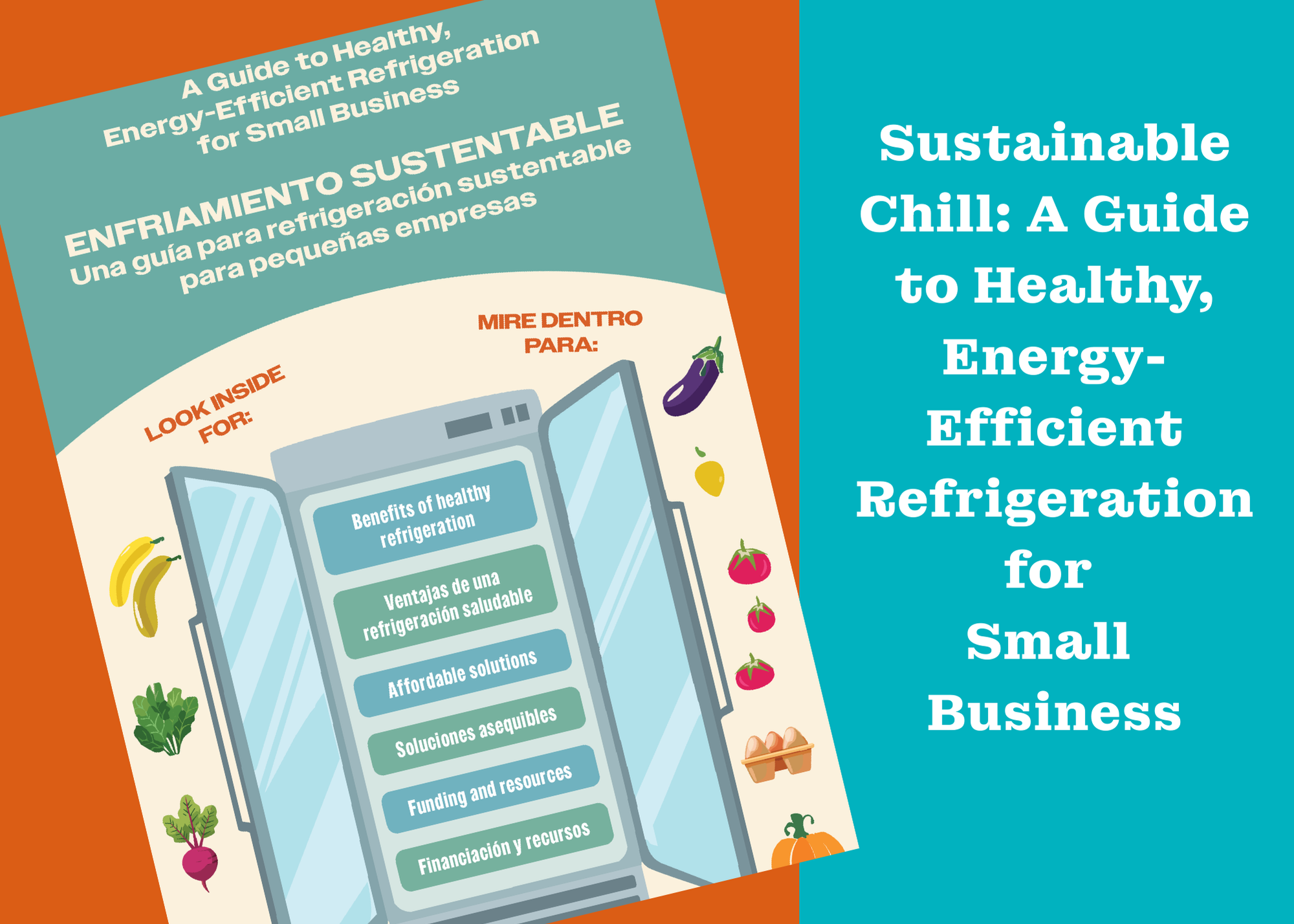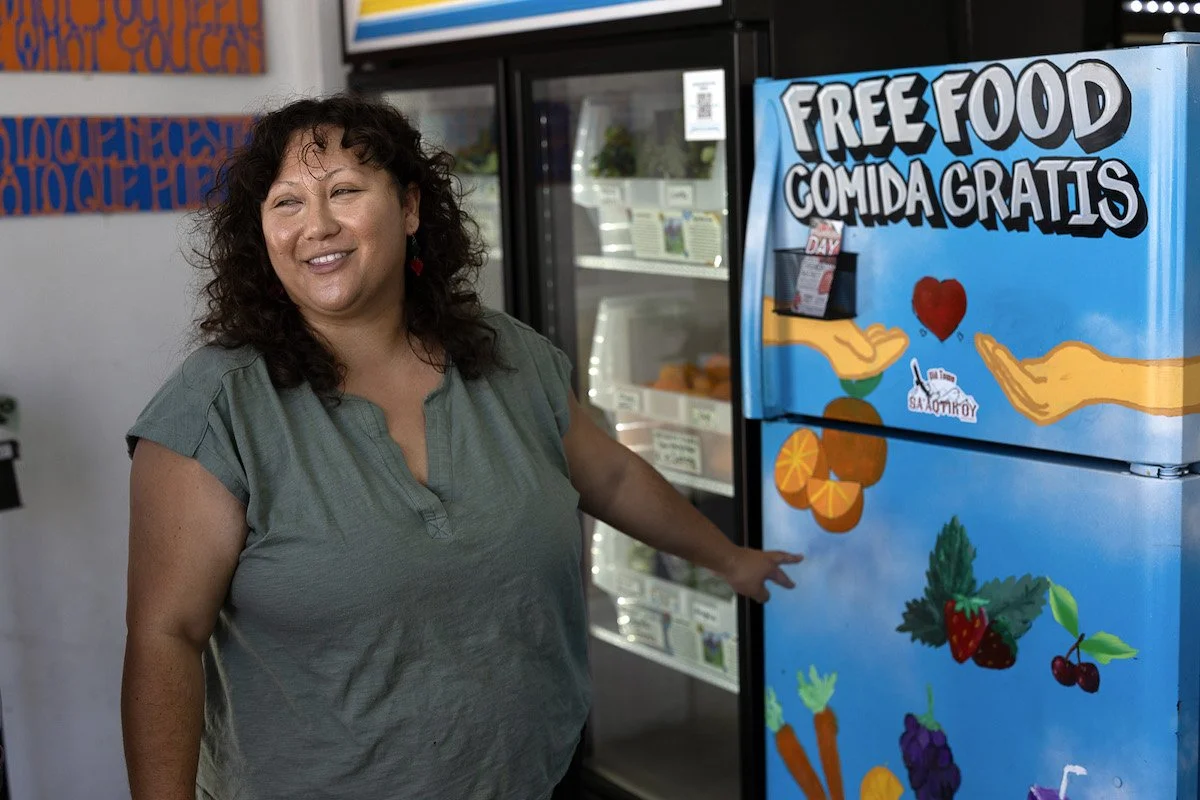
Energy-Efficient Refrigeration for a Sustainable Future
Refrigeration units can have a huge impact on the planet. In addition to consuming a lot of energy, the refrigerants that keep them cool have been identified as a significant contributor to greenhouse gas (GHG) emissions and climate change. By replacing old refrigeration units with healthy, energy-efficient options, you can lower your energy bill, reduce your environmental impact, and keep your perishable goods fresher for longer.
CEC and the Santa Barbara County Food Action Network have partnered to provide energy-efficient refrigeration guidance for California small businesses, food rescue organizations, and nonprofits.
Additional Resources
HEALTHY REFRIGERATION
The California Department of Food and Agriculture (CDFA) Office of Farm to Fork Healthy Refrigeration Grant Program provides various resources and quick tips. Visit the website or check out the list below:
View Appendix A and Appendix B, which provide pre-vetted low-GWP equipment lists.
View the Retail Refrigeration Guide which walks you through common issues and maintenance schedules for refrigeration equipment. It also includes best practices for temperature monitoring, refrigerant regulations, and additional resources.
View the Equipment Maintenance Schedule, a printable checklist designed to help you easily reference the preventative maintenance tasks for refrigeration equipment that should be completed regularly, monthly, and biannually.
View NASRC Contractor Directory (NASRC Contractor Directory in English / NASRC Contractor Directory in Spanish) for a partial list of contractors who could provide turnkey solutions for purchasing, installation, and recycling equipment.
REGULATION AND CERTIFICATION
CARB regulates stationary and transport refrigeration units (TRUs). Learn more, register your unit, and check compliance:
Refrigerant Management Program (stationary units)
Transport Refrigeration Units (mobile units)
As of January 1, 2025, California banned refrigerants with a GWP of 2,200 or higher. Additional bans will go into effect in 2030 and 2033. Learn more.
Energy Star is a trusted energy-efficiency certification for refrigerators and other appliances. Learn more.
HOW TO DISPOSE OF YOUR OLD REFRIGERATOR
Some appliance components contain materials that can be harmful to human health and the environment if they are not properly removed and managed prior to recycling. California law requires that major appliances such as refrigeration units and their refrigerants be properly removed and managed. Contact your local recycling facility or visit California’s Department of Toxic Substances Control website for an authorized list of certified appliance recyclers. Learn more.
GRANTS AND PROGRAMS
CDFA’s Office of Farm to Fork Healthy Refrigeration Grant Program provides funding for energy-efficient refrigeration units in corner stores, small businesses, and food donation programs in low-income or low-access areas across California. The grant supports new refrigeration equipment, insulation, and energy-efficient upgrades while promoting access to fresh, California-grown foods. Learn more and apply.
CARB’s F-gas Reduction Incentive Program offers incentives to replace high-GWP refrigeration systems with ultra-low-GWP technologies. The program focuses on commercial and industrial sectors and offers higher incentives for facilities and independently owned food retailers in disadvantaged communities. Learn more and apply.
GreenChill is an Environmental Protection Agency voluntary partnership program that works cooperatively with the food retail industry to lower refrigerant emissions, protect the ozone layer, and address climate change. The GreenChill Advanced Refrigeration Partnership program works to help food retailers transition to low-GWP refrigerants, eliminate refrigerant leaks, implement best environmental practices, and adopt advanced refrigeration technologies. Learn more.
The Refrigerant Management Program aims to reduce GHG emissions from stationary refrigerator units through monitoring and early detection, repair and regular maintenance, and proper disposal. The program assists retailers with early leak detection, maintaining accurate service records, and reporting compliance. Learn more.
Success in Saticoy
"The healthy refrigeration grant allowed us to serve more people, provide a greater variety of healthy foods, and ensure that our community continues to thrive."
-Sierra Doehr, Saticoy Food Hub
By installing new energy-efficient refrigeration units, the Saticoy Food Hub has doubled its capacity, extending the freshness of donated produce, curbing waste, and reducing GHG emissions.
CEC’s Healthy Refrigeration Program is Funded by the California Department of Food and Agriculture Office of Farm to Fork Healthy Refrigeration Grant Program







